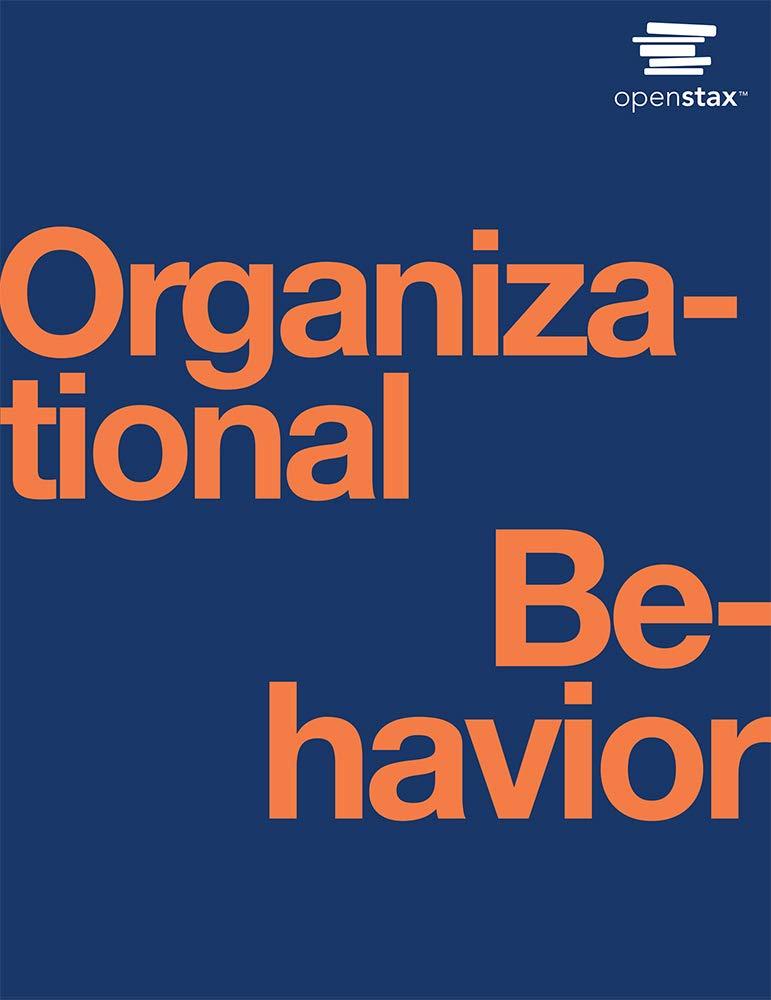An increasing number of companies are testing a new and innovative way of recruiting. Blind recruiting is
Question:
An increasing number of companies are testing a new and innovative way of recruiting. Blind recruiting is a process by which firms remove any identifying information about applicants during the recruitment process. An example of this may include anonymous applications that omit fields requesting information such as an applicant’s name or age. Using computer application technology, some companies like Google administer surveys to their anonymous applicants that measure the abilities required for the job before they are considered in the next step of the recruitment process. Alternatively, companies may request that applicants remove identifying information such as names and address from their resumes before applying for positions. As resumes are received, hiring managers can assign a temporary identification number.
Although more companies are using this method of recruiting, the idea is not new for symphony orchestras, many of which have been using blind auditioning since the 1970s. In some instances musicians audition behind screens so they are evaluated only by their music. This process removes bias associated with race and gender because the performer cannot be seen and only heard. A study investigating this practice examined 11 symphony orchestras that varied on the use of blind auditions. Researchers found that blind auditions increased the likelihood that a woman would be hired by between 25 and 46%. A recruitment process like this can help organizations attract more candidates, hire the best talent, increase their workplace diversity, and avoid discrimination liability.
Discussion Questions
1. Should all companies use blind recruiting in place of traditional recruiting, or are there exceptions that must be considered?
2. If blind recruiting helps eliminate bias during the recruitment process, then what does that say about social media platforms such as Linked In that are commonly used for recruiting applicants? Will using those platforms expose companies to greater liability compared to using more traditional means of recruiting?
3. How does blind recruiting help organizations? How may it hinder organizations?
Step by Step Answer:






